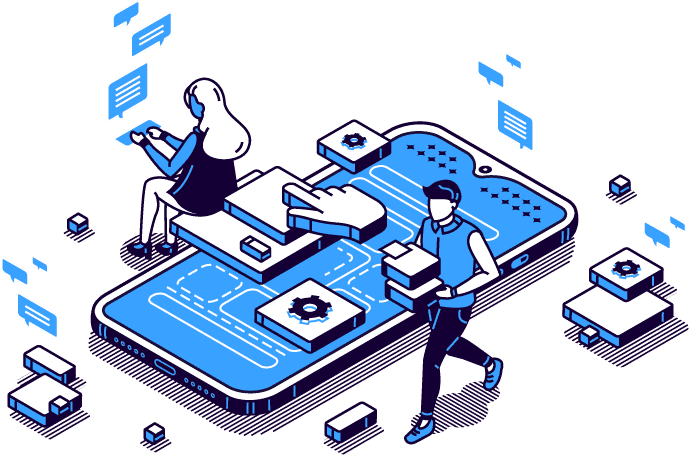Frequently Asked Question
How much does mobile app development cost?
The cost varies based on features, complexity, and platform requirements. Contact us for a free estimate.
How long does it take to develop a mobile app?
It depends on the app’s complexity. A basic app may take 3-4 months, while a complex app may take 6+ months.
Do you provide post-launch support and maintenance?
Yes, we offer ongoing support, maintenance, and updates for all our mobile apps.
Can I hire a dedicated mobile app developer?
Absolutely! We offer flexible hiring models for dedicated mobile app developers.
Which technologies do you use for app development?
We use Swift, Kotlin, Flutter, React Native, Node.js, AWS, Firebase, and more.
Do you help with app store submission?
Yes, we handle the entire submission process for both the Apple App Store and Google Play Store.
How can I get started with AI services?
Getting started is easy! Contact us today for a free consultation, and let’s explore how AI can transform your business.



